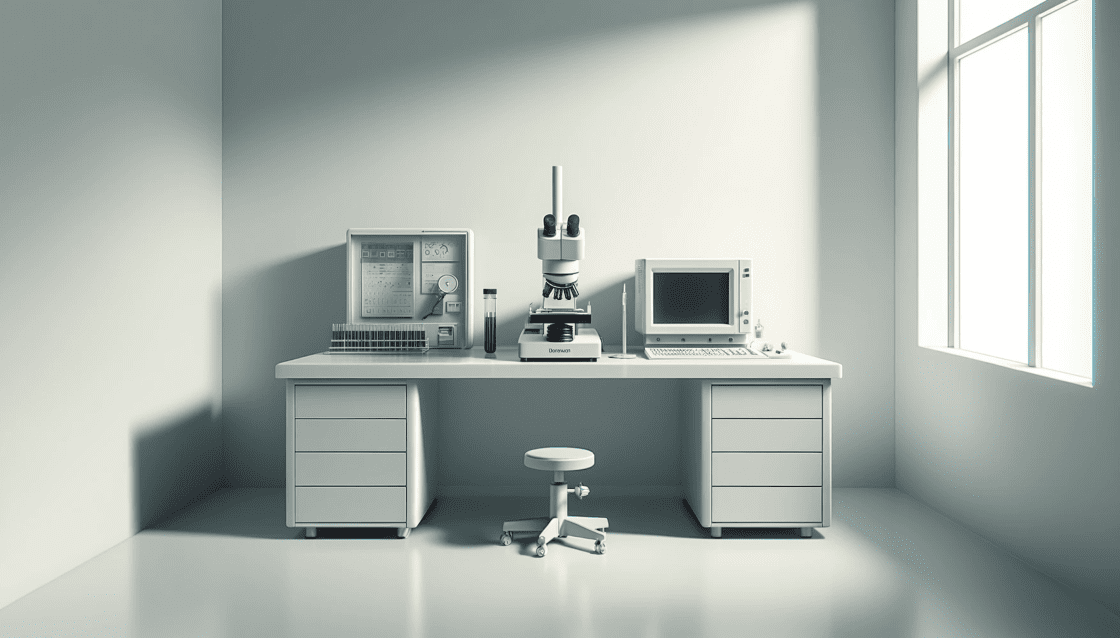Blood transfusions are critical in medical care, saving countless lives each year. However, the compatibility of blood types between the donor and the recipient has long been a challenge. Now, groundbreaking research from DTU (Technical University of Denmark) and Lund University might be paving the way for a transformative solution: universal donor blood.
The Discovery of Enzymes for Universal Blood
Researchers at DTU and Lund University have made a significant breakthrough in the quest to create universal donor blood. They’ve discovered enzyme mixtures that can remove the A and B antigens from red blood cells. These antigens are responsible for the compatibility issues in blood transfusions related to the AB0 blood group system.
The study, recently published in Nature Microbiology, details how these enzyme cocktails not only target the well-known A and B antigens but also tackle extended variants of these antigens, which were previously unrecognized as transfusion safety risks. Professor Maher Abou Hachem from DTU, a leader in the study, highlighted the novelty and the potential of their findings. The team is on the brink of converting group B blood into universal donor blood, with ongoing efforts to address the complexities of group A blood.
The Role of Enzymes in Blood Compatibility
The human gut microbiota has provided a new avenue for this research. The enzyme mixtures discovered derive from Akkermansia muciniphila, a bacterium adept at breaking down the mucus in the human gut. This mucus shares chemical similarities with the sugars found on the surface of blood cells. By leveraging these enzymes, researchers can effectively strip the blood cells of their blood-group-specific antigens, potentially transforming them into a type that’s universally acceptable.
The Importance of Universal Donor Blood
The implications of this research are profound. Universal donor blood can drastically simplify the logistics of blood storage and distribution, significantly reducing the costs associated with managing multiple blood types. Additionally, it can decrease the waste associated with blood that nears its expiration, as all blood could potentially be used by any patient, regardless of their blood type.
Moreover, the production of universal donor blood can enhance the safety of blood transfusions by eliminating the risks associated with AB0 mismatch, which can lead to severe, even fatal, immune reactions.
Next Steps in the Research
The project has received substantial backing from several prestigious funding bodies, including the Independent Research Fund Denmark and the Swedish Research Council. The research teams have applied for a patent for their innovative enzyme treatment method and anticipate further advancements in their upcoming joint project, scheduled to run for the next three and a half years. If successful, this technique will still need to undergo rigorous patient trials before it can enter commercial production and clinical use.
Closing Thoughts
This pioneering work by DTU and Lund University marks a pivotal step forward in transfusion medicine. The development of universal donor blood could revolutionize how blood transfusions are performed, making them safer and more accessible worldwide. While challenges remain, the potential to change millions of lives hangs promisingly on the horizon.
For more insights into this revolutionary research or to get in touch with the researchers, contact Professor Maher Abou Hachem at DTU or Professor Martin L. Olsson at Lund University. Their work not only opens a new path in medical science but also offers a glimpse into a future where blood transfusion complications are a thing of the past.


